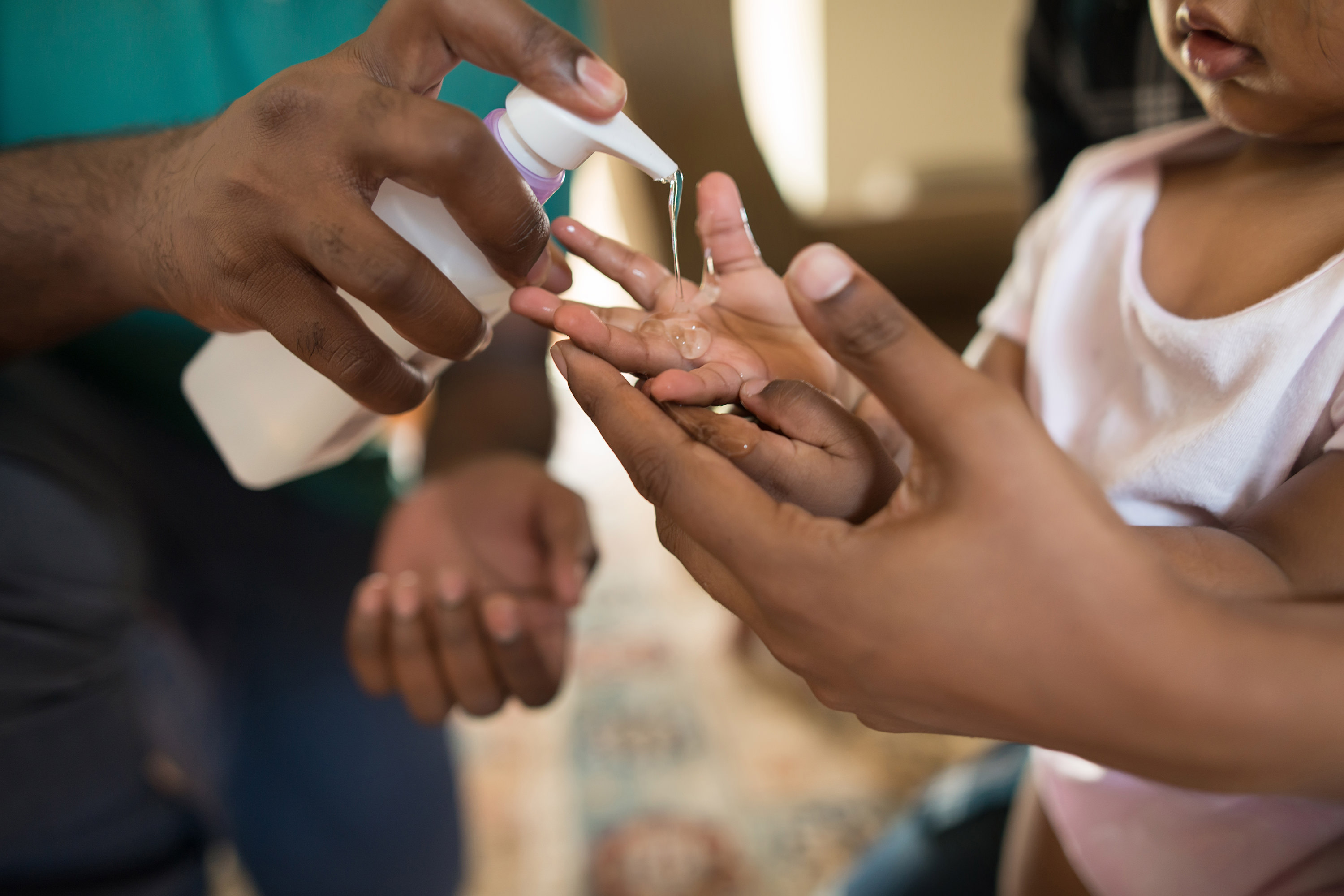The COVID-19 pandemic poses a particular challenge for low-income and fragile countries, as well as vulnerable groups, particularly women. Our Sudan Labor Market Panel Survey (SLMPS) 2020 project, with planned data collection starting in August/September 2020, has benefited from support from the GLM | LIC project. The study proposes additional data collection and research on COVID-19 and its impacts, particularly on women and other vulnerable groups, in order to leverage the unique opportunity of this already-underway research project.
The SLMPS will be collecting data on a nationally representative sample of 5,000 households, allowing for representative analyses of COVID-19’s impact. The planned survey already includes modules on health, work, shocks, coping, and receipt of social protection. Our new shocks and coping module, which includes detailed data on health, agricultural, and economic shocks, as well as a variety of coping responses, launched in Egypt in 2018, is already informing policy responses to the COVID-19 crisis there.
The study proposes a variety of complementary research products, including a detailed descriptive paper (ultimately to be part of a book) on the COVID-19 pandemic and its effects on Sudan, as well as a policy brief highlighting key policy implications. The descriptive work will assess the impact and coping with COVID-19 along with a number of key dimensions of vulnerability, including gender, socio-economic status, refugee or IDP status, and specific labor market status (e.g. informal or casual worker) prior to the pandemic and crisis. The research team will particularly leverage our labor market history data to understand the impact of COVID-19 on the labor market. An in-depth research paper on the multivariate determinants of COVID-19-induced vulnerability, with a focus on gendered impacts, will be a further important contribution. COVID-19 may have important gendered effects on health, the labor market, and social norms and practices, for example, it may further restrict women’s already limited mobility, or food insecurity may disproportionately affect women and girls. They will be able to assess these and many other potential impacts using the existing modules and additional COVID-19 data.
The data will ultimately be publicly available, and along with the complementary communications will inform both policy responses and academic discourse. The research will bring together MENA and international experts in collaboration with local Sudanese researchers in order to build research capacity in Sudan. The PIs have past experience mentoring junior Sudanese researchers and ERF has an extensive network of junior and senior researchers from Sudan and throughout the region. The research will increase the capacity of local researchers, international donors and the local policy community to respond effectively to the impact of the crisis.
